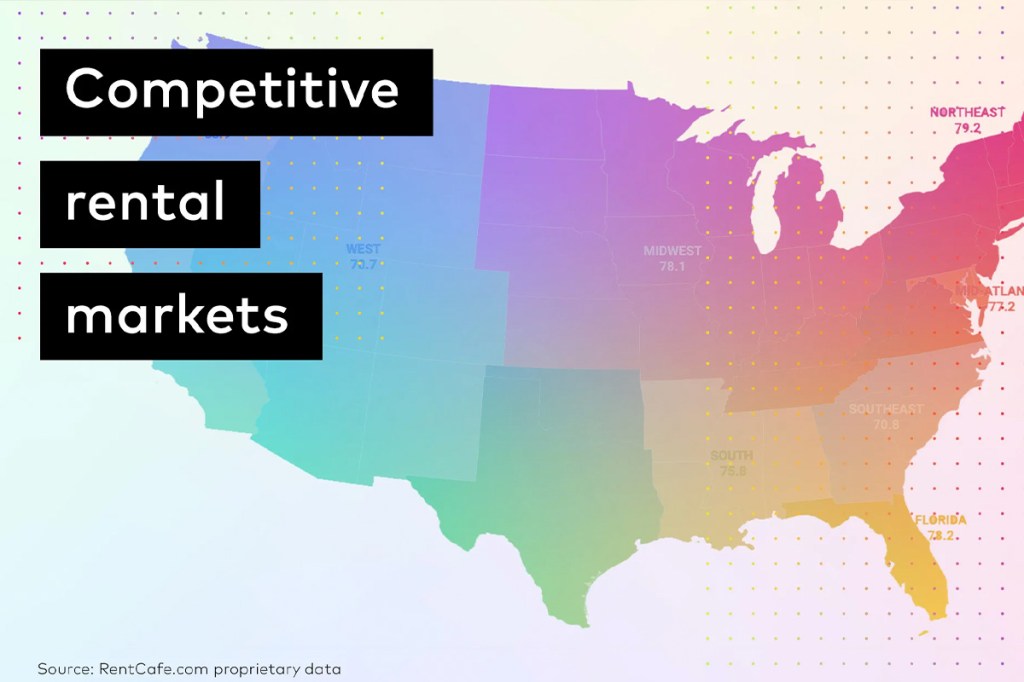When building a team, property managers are likely to encounter resumes that show off a variety of backgrounds and qualifications. With patience, skill and a bit of luck, you’ll probably find the perfect fit for your job posting. But is there such thing as an overqualified job applicant or resume that’s too good to be true? Should you avoid hiring someone you believe is overqualified?
Before you make any hiring decisions, ask yourself the following questions about your process and the candidate:
- Do you conduct pre-interviews?
- Do the candidate’s pay expectations match the position?
- Did you discuss why someone with their experience wants the job?
- Did their personality impress you during the interview?

Do you conduct pre-interviews?
If someone looks good on paper, schedule a 10-minute pre-interview over the phone. This helps you get to know them a little as you start to narrow down your top candidate choices. In this short window of time:
- Review details on their resume
- Clarify work gaps or other stand-out aspects of their work history
- Check for basic understanding of industry terminology
- Gauge their enthusiasm for the job
- Test their punctuality (Were they on time for this very important call?)
Don’t try to do too much. You probably won’t get a full sense of their personality and work experience until the full interview.
Does their pay expectations match the position?
If you advertise for an entry-level position, most of your candidates will probably come to you with entry-level experience. But you’ll probably see someone who seems like they could do the job with one arm tied behind their back.
On the one hand, this means you won’t have to spend as much time training and getting them up to speed. On the other hand, they may want to leverage their experience for more pay. If their expectations don’t match the reality of what you’re offering, it’s probably not a good fit.
There are many reasons someone may have more experience than required for the job:
- Making a late-career change
- Wanting more time at home
- Looking for less responsibility
- Changing career paths
- Experiencing medical/health issues
Instead of guessing, set up an interview! Just don’t overstep your bounds when it comes to discussing personal situations.
Did you discuss why someone with their experience wants the job?
Don’t be afraid to dig into a job applicant’s work history. It’s okay to point out that they have more experience, education and/or skills than other candidates. Express that you want to know more about their professional interests and expectations.
If you do that and you’re still not convinced they’re the right person for the job, then you can leave it at that!
Did their personality impress you during the interview?
Great property managers think beyond job skills and salary. They find new team members who will be the right culture fit. Let’s say you interview someone you think might be an overqualified job applicant. Did they impress you beyond their skill-based achievements? Job qualifications are important, but your team will also be dealing with their character and personality on a daily basis. Plus, if they feel like they’re a good fit, they’re more likely to stick around.
Do they know the basic terminology of the job?
An overqualified job applicant may work out in your favor. They might not. You can’t be sure until you interview them and check references. It’s unfortunate, but it does happen where people make things up or stretch the truth.
The easiest way to test someone’s property management chops is to use work-related terminology during the interview. Here’s an example.
Question without terminology: Can you discuss your experience in accounting?
The question isn’t necessarily bad, but it’s possible the candidate will not have to demonstrate their knowledge of basic property management terminology.
Better question: Will you be able to manage CAM fees and track our NOI?
If someone claims to be experienced in commercial property management but doesn’t know what you mean by CAM fees and NOI, well, that’s a red flag.
Plus, after they say they can manage CAMs and track NOI, you have a follow-up: “Great, tell me about your experience with that.” Your follow-up questions put a spotlight on industry terms, giving you a chance to evaluate their expertise.
Wait, what about underqualified job applicants?
Set your minimum qualifications and stick to them as much as possible. Having said that, changing economic conditions have forced many businesses to change up longstanding hiring practices. One 2019 study found that 62% of employers were lowering the required experience for the job. This was even before COVID-19. Fast-forward to 2021, and we see it widely reported that workers have the upper hand when it comes to benefits, salary and experience.
Do relaxed hiring standards mean you’ll attract less qualified talent, or are you opening the door for talented people you would have overlooked in the past? It’s hard to say, which is why the questions in this article are so important. They can help you dig deeper into a candidate’s personality and discover skills and qualifications you can’t see on the page.
“You’re HIRED!”
A quick note on security and onboarding: Until you know that new hire is indeed the perfect fit, it’s important to protect your business. Yardi Breeze Premier lets you control security for all new users at the menu level. This makes it easy to set up user roles and restrict access to necessary touchpoints for every position at your office.



